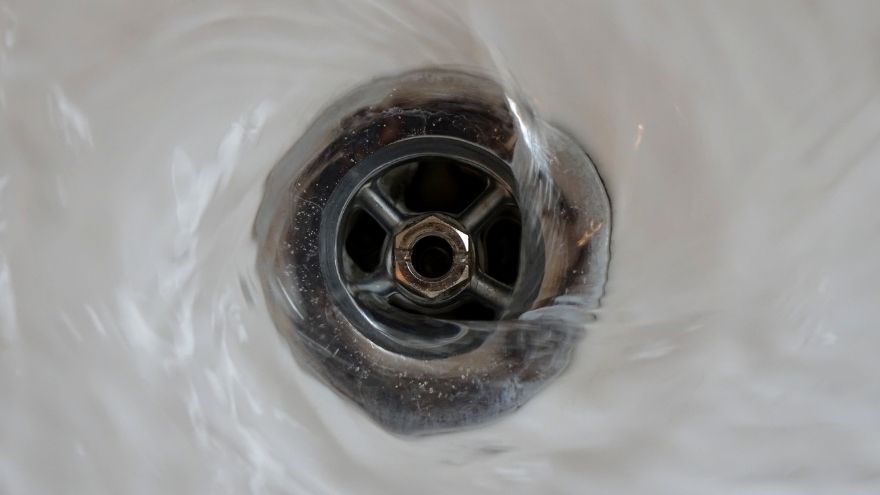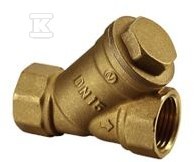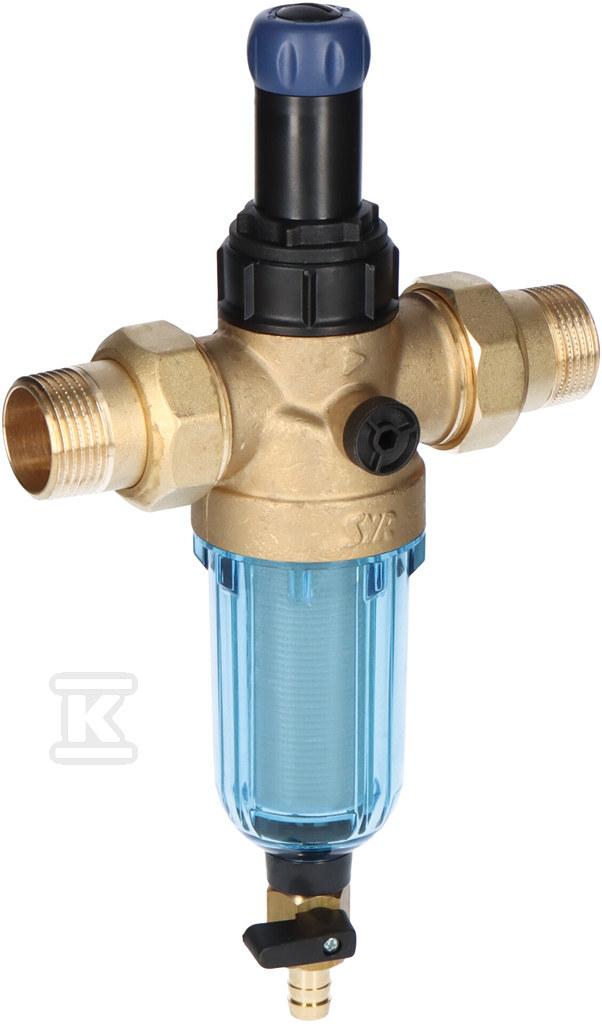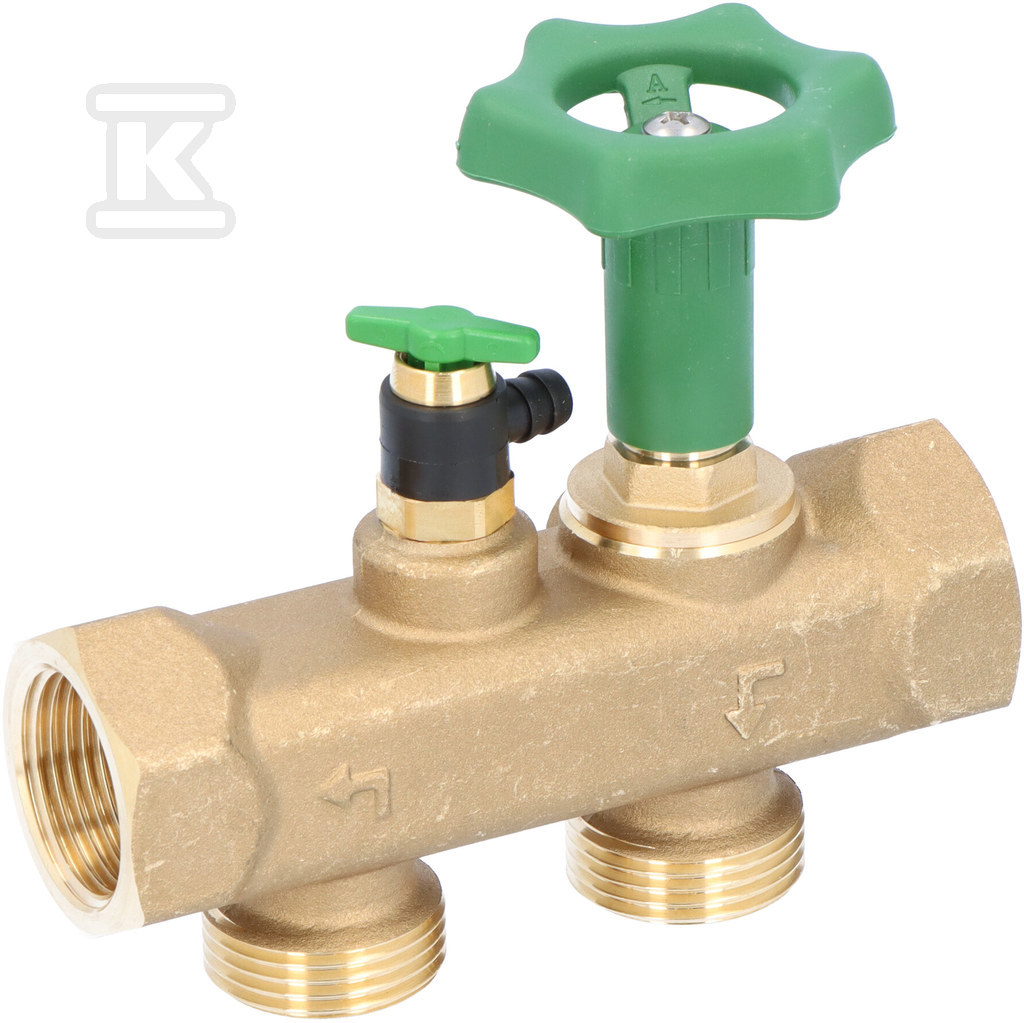Nowadays, more and more emphasis is being placed on the effective management of water resources, which should not be surprising, considering the fact that users who come into contact with different types of water on a daily basis should know the differences between white water, grey water and black water. Each of these types of water has different properties, different application possibilities and different technological requirements in the context of their treatment. What are the differences between the individual types of water? Check what are the methods of water recycling?

Check out the water treatment at the Onninen wholesaler
White water
White water is water suitable for consumption, coming directly from the waterworks. White water is characterized by high quality and appropriate physical and chemical parameters, meeting sanitary and hygienic standards. White water is used in households, industry and for commercial purposes. It is suitable for drinking, washing, cooking and other daily activities.
White water is transmitted through water networks and connections , appropriately designed and made of materials approved for contact with drinking water.
Grey water
Grey water is waste liquid from sinks, showers, bathtubs, washing machines and other household appliances that does not contain fecal contaminants. It is less polluted than black water , which means it can be recycled and reused, for example for flushing toilets, watering gardens or cleaning.
 As a result, more and more people are choosing to install a grey water recycling system , which allows for significant savings by reducing the consumption of white water . The properties of grey water depend on its source. It can contain soap, detergents, dust particles, and sometimes microorganisms, so it must be purified before being reused.
As a result, more and more people are choosing to install a grey water recycling system , which allows for significant savings by reducing the consumption of white water . The properties of grey water depend on its source. It can contain soap, detergents, dust particles, and sometimes microorganisms, so it must be purified before being reused.
Greywater treatment is carried out through mechanical, biological and chemical filters. Installing an appropriate treatment system that ensures the purity and safety of greywater is crucial for its reuse. Water supply networks can be designed in such a way that separate pipes serve drinking water and utility water, including greywater .
Grey Water Recycling Methods
Recycling of grey water is becoming increasingly popular thanks to modern purification technologies. The purification process usually takes place in several stages:
- Mechanical filtration – removes solid contaminants (e.g. hair or sand).
- Biological purification – removes organic contaminants such as grease and detergent residues.
- Disinfection – unwanted microorganisms are eliminated using chlorine, ozone or UV radiation.
Well-designed water supply networks and connections can be used to transport both drinking and utility water. Onninen products support these solutions, ensuring the durability and safety of the installation.
Black water
 Black water is water containing fecal sewage, mainly from toilets. It is heavily contaminated with microorganisms, bacteria and viruses, which means that its purification requires advanced technologies. For this reason, it is not suitable for reuse in households without appropriate treatment.
Black water is water containing fecal sewage, mainly from toilets. It is heavily contaminated with microorganisms, bacteria and viruses, which means that its purification requires advanced technologies. For this reason, it is not suitable for reuse in households without appropriate treatment.
Black water requires special sewage systems that allow for safe discharge of sewage to the treatment plant. Black water treatment, similarly to grey water, is carried out through advanced mechanical, biological and chemical processes, but due to the higher level of contamination, it requires more intensive actions.
The use of appropriate sewage systems and water treatment installations is desirable from the point of view of environmental protection and the health of living beings, including humans.
Is it worth installing a grey water recycling system?
Installing a greywater recycling system brings many benefits, both economic and ecological. This solution significantly reduces the consumption of drinking water for economic purposes.
This is particularly important in locations where access to white water is limited. In addition, using grey water for flushing toilets or watering gardens reduces water bills and minimizes the burden on sewage systems.
 Business entities that want to offer their clients modern and ecological solutions should recommend products that include high-quality water network and connection elements that can be successfully used in installations with recycling systems. Additionally, the Onninen wholesaler offers a wide range of water treatment technologies, which makes it easier to select the right products depending on the needs of the installation.
Business entities that want to offer their clients modern and ecological solutions should recommend products that include high-quality water network and connection elements that can be successfully used in installations with recycling systems. Additionally, the Onninen wholesaler offers a wide range of water treatment technologies, which makes it easier to select the right products depending on the needs of the installation.
Thanks to modern treatment and recycling systems, installers and technicians have the opportunity to implement innovative solutions that allow for effective water management. Products and technologies for water treatment are the main support in such ventures, thus supporting modern and efficient management of water resources.